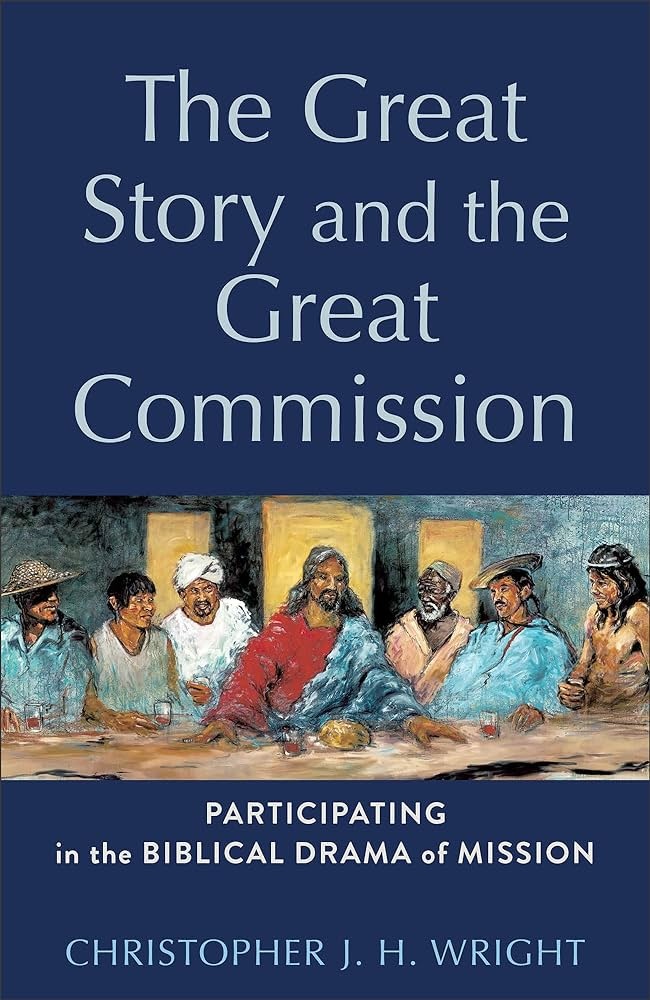“We must be global Christians with a global vision because our God is a global God.”
Introduction
John Stott (1921-2011) was a pastor to pastors, a servant of the church in countries across the globe, and author of more than 50 books, including seminal classics such as Basic Christianity and The Cross of Christ. John Stott’s personal and prayerful decision to donate all of the income from his books and speaking honoraria launched and grew Langham Partnership—a ministry that reflects his heart to develop and resource biblical leaders around the world.
JUMP TO
Formative Years
Church Ministry
National Influence
Global Impact
Formative Years
John Stott was born in London in 1921 to Sir Arnold and Lady Stott. While his father was an agnostic, his mother had a Lutheran background, and the family attended church at All Souls, Langham Place of the Church of England. One of Stott’s earliest memories was being a young boy, sitting in the gallery of the church where he’d eventually become rector, and dropping paper pellets onto the fashionable hats of the ladies below!
He attended boarding schools from a young age, and in 1935 went to Rugby School. Despite attending church with his family and being confirmed into the Anglican Church in 1936, he described himself as spiritually restless during this period:
“As a typical adolescent, I was aware of two things about myself, though doubtless I could not have articulated them in these terms then. First, if there was a God, I was estranged from him. I tried to find him, but he seemed to be enveloped in a fog I could not penetrate. Secondly, I was defeated. I knew the kind of person I was, and also the kind of person I longed to be. Between the ideal and the reality there was a great gulf fixed. I had high ideals but a weak will… [W]hat brought me to Christ was this sense of defeat and of estrangement, and the astonishing news that the historic Christ offered to meet the very needs of which I was conscious[1].”
In February of 1938 Stott met the man who would eventually lead him to Christ. Eric Nash (widely known as “Bash”) came to speak at Rugby School’s Christian Union. His talk was based on Pilate’s question: “What then shall I do with Jesus, who is called the Christ?”
After the talk, Stott was full of questions for Nash, who patiently answered them. That evening, at his bedside, Stott “opened the door” to Jesus.
“I saw no flash of lightning . . . in fact I had no emotional experience at all. I just crept into bed and went to sleep. For weeks afterwards, even months, I was unsure what had happened to me. But gradually I grew . . . into a clearer understanding and a firmer assurance of the salvation and lordship of Jesus Christ.”
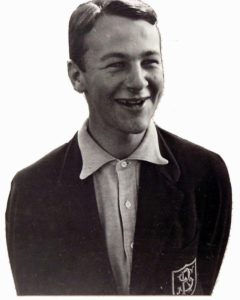
Stott in his Rugby School days
Over the next 5 years Stott was mentored by Eric Nash who was passionate about identifying and mentoring the next generation of leaders, a trait that would characterize Stott’s own ministry in a remarkable way.
After leaving Rugby School, Stott was accepted to Trinity College, University of Cambridge, where he read French and Theology, graduating with double first class honours. Nash invited Stott to assume leadership of his ministry upon graduation, but Stott already felt God’s call to serve the church. Stott elected to stay in Cambridge and study theology at Ridley Hall.
In his final years in Cambridge, the seeds for Stott’s future teaching and writing were planted. He was invited to write his first article for the national Scripture Union magazine, and was frequently asked to give talks to the campus Christian Union. In Stott’s last year, the Rector of All Souls, his childhood church home, spoke at the Christian Union, shortly after which, he invited John Stott to become Curate of the church in central London. In 1945, Stott was ordained into the Anglican Communion.
[1] Timothy Dudley-Smith, John Stott: The Making of a Leader, vol 1 (Leicester, UK/Downers Grove, IL: Inter-Varsity Press, 1999)
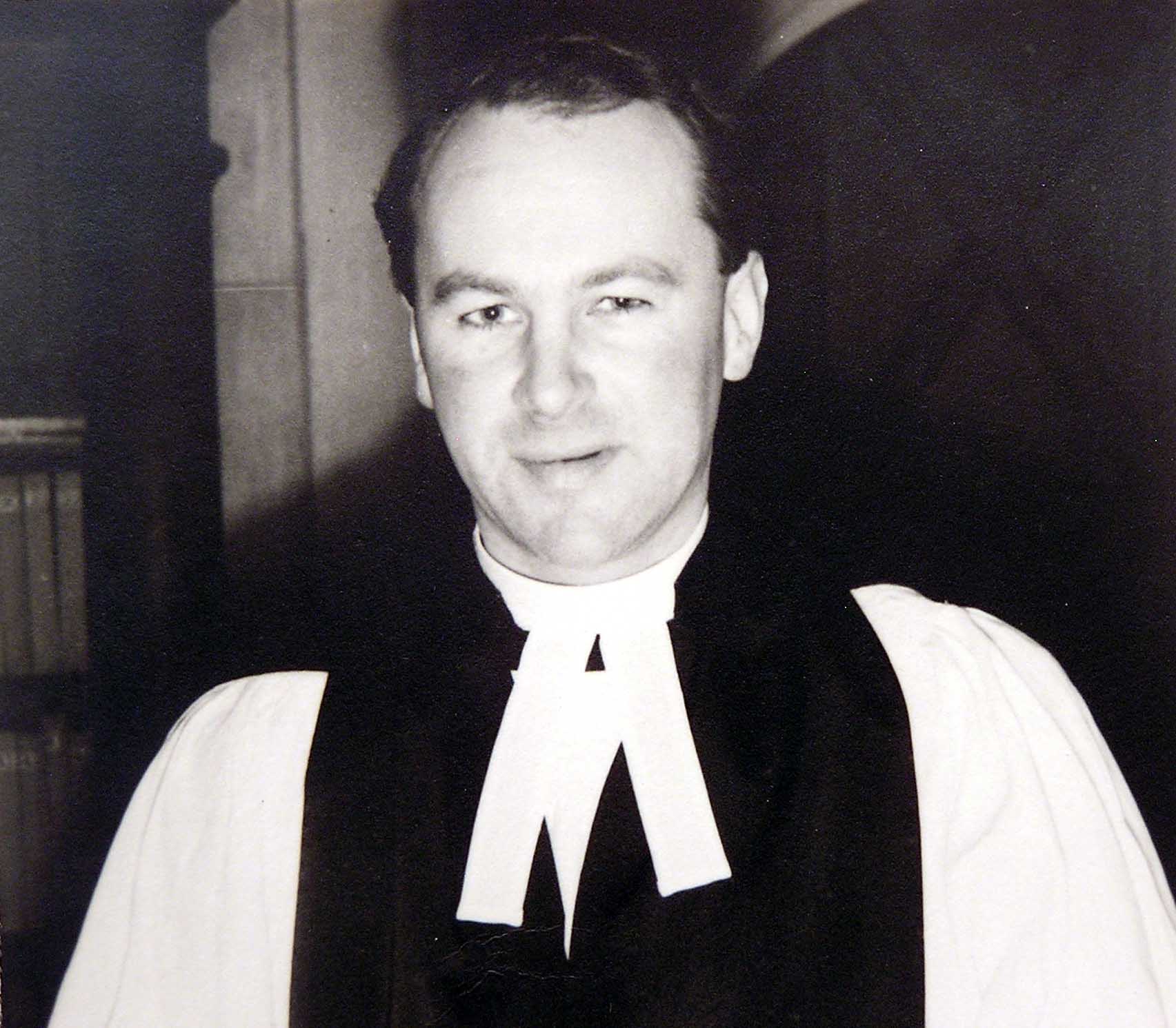
Church Ministry
After just five years as Curate (pastor-in-training), at London’s All Souls Church, Langham Place, Stott was appointed Rector at 28 years old. Within that short time, it became evident that Stott was dedicated to both preaching God’s Word and living out God’s call to engage with His people.
In the words of his biographer, Timothy Dudley-Smith, “John Stott has provided a model for international city-center contemporary ministry now so widely accepted that few now realize its original innovative nature.”
Soon after his appointment as rector, Stott began to encourage church members to attend a weekly training course in evangelism. He established a monthly “guest service,” with an evangelistic message and an Anglican evening prayer, and he encouraged follow-up discipleship courses for new Christians in people’s homes. There were midweek lunchtime services, a central weekly prayer meeting, and monthly services of prayer for the sick. Stott launched “Children’s church” and family services, appointed a chaplain to a group of stores on nearby Oxford Street, and founded the All Souls Clubhouse—a Christian community center. John Stott was convinced that a pastor needed to know and understand his community; he once even disguised himself as homeless and slept on the streets in order to find out what it was like!
Stott’s care to see the church grow in mission and maturity extended to the Majority World, as he began to visit with pastors and students across Latin America, Africa, Asia, the Middle East and beyond.
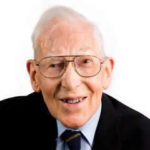
J.I. Packer
“John was a 15-talent man of God who loved the Bible, believed in its trustworthiness, and expanded it accordingly. He loved and proclaimed salvation in Jesus, and he leads us into the life of communion with Jesus. Thank God for John. He was one of the supreme gifts of God for the renewal of the church in the 20th century.”
National Influence
While John Stott turned down enticing and lucrative opportunities for advancement within the Anglican church, his impact extended beyond All Souls to the rest of the United Kingdom, where he played important roles serving the church, the university, and the crown.
When Stott began his ordained ministry, evangelicals had little influence in the Anglican Church. Over time, Stott raised the profile and morale of young evangelical clergy and helped to revitalize the British church.
He established the Evangelical Fellowship of the Anglican Communion to encourage and develop biblically faithful fellowship, teaching and mission in the Church of England; served as chair of the Church of England Evangelical Council (www.ceec.info) and the National Assembly of Evangelicals, and as president of Scripture Union (www.scriptureunion.org.uk) and the Evangelical Alliance (www.eauk.org), among many other leadership roles. Stott has also served four terms as president of the Universities and Colleges Christian Fellowship (www.uccf.org.uk) between the years 1961 and 1982. He was even an honorary chaplain to Queen Elizabeth II for over thirty years and received the rare distinction of being appointed an Extra Chaplain in 1991.
One of John Stott’s most significant legacies in the United Kingdom arose from his concern at the anti-intellectualism of some Christians. In contrast, he stressed the need “to relate the ancient Word to the modern world.” This conviction led him to found The London Institute for Contemporary Christianity (www.licc.org.uk), which “offer[s] courses in the inter-relations between faith, life and mission to thinking Christian lay people.”
It’s no surprise that historian David Edwards argued John Stott was “the most influential clergyman in the Church of England” of the Twentieth Century, apart from William Temple. Likewise, theologian Alister McGrath has suggested that the growth of post-war English evangelicalism is attributable more to John Stott than any other person.
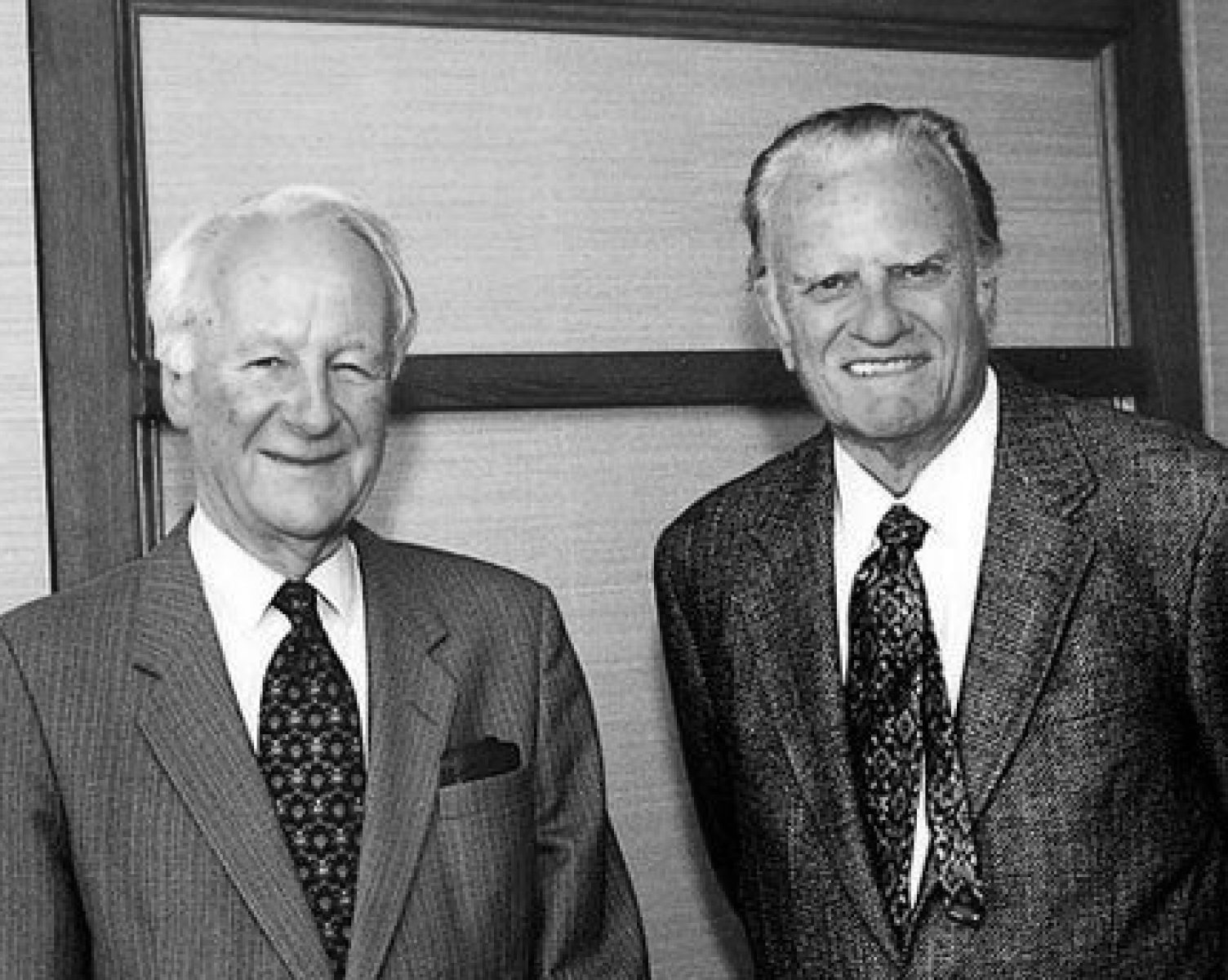
Global Impact
The course of Stott’s life coincided with the rapid expansion of university education worldwide and the growth of indigenous evangelistic movements of students in many countries. John Stott led the first ever evangelistic events for Christian students in several new universities and so helped create an appetite for solid, Bible-based evangelism. In the years between 1952 and 1977 John Stott led some 50 university missions in Britain, North America, Australia, New Zealand, Africa, and Asia.
Michael Baughen’s arrival at All Souls in 1970 allowed John Stott to devote more time to his growing international ministry. Since then, Stott spent nearly three months each year preaching and leading outreach abroad (with three further months spent at The Hookses, his writing retreat in Wales).
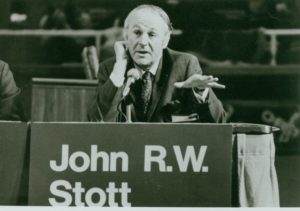
Stott was a sought after speaker and Bible teacher
His influence on North American evangelicalism is evident from the fact that he served as the Bible expositor on six occasions at the triennial Urbana Student Mission Convention arranged by InterVarsity Christian Fellowship (www.intervarsity.org). However, it was his role in the 1974 International Congress on World Evangelization in Lausanne, Switzerland, convened by Billy Graham that was the catalyst for Graham to say of Stott, “I can’t think of anyone who has been more effective in introducing so many people to a biblical world view,” and credit Stott’s work as “a significant factor in the explosive growth of Christianity in parts of the Third World.”
In the early 1970s, as he traveled throughout the Majority World, John Stott heard church leaders cry out for biblical training and study books to help them grow. More than just listen, he responded by directing his book royalties and speaking honoraria to provide the books and training that Majority World pastors and leaders need to effectively disciple their people. What started as John Stott’s personal and sacrificial decision has grown into the international ministry of Langham Partnership, which today works in 130+ nations to provide biblical resources, scholarship emerging leaders, and train grassroots pastors.
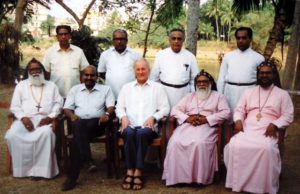
Stott build strong ties with church leaders throughout the Majority World
It was this commitment to the church in the Majority World and genuine friendship with so many of its leaders that contributed to his books (more than 50 of them!) being translated into many languages. One of Stott’s best-known titles, Basic Christianity, has sold two million copies and has been translated into more than 60 languages. A full booklist, across multiple languages can be accessed here.
***
It is little wonder that Time Magazine in 2005 named John Stott as one of the world’s one hundred most influential people, that Billy Graham called him “the most respected clergyman in the world today,” or that John Pollock described him as “in effect the theological leader of world evangelicalism.”
John Stott himself would simply want to be remembered by these few simple words chiseled onto his gravestone:
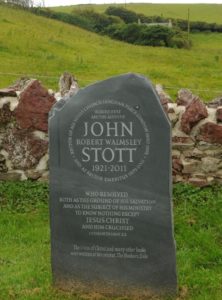
John Stott’s gravestone in Dale Cemetery in Wales.
“Who resolved both as the grounds of his salvation and as the subject of his ministry to know nothing except Jesus Christ and him crucified.” (1 Corinthians 2:2)
Remember your leaders, who spoke the word of God to you. Consider the outcome of their way of life and imitate their faith. -Hebrews 13:7
